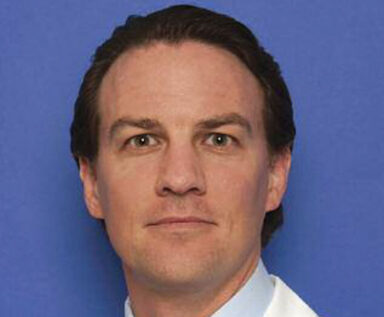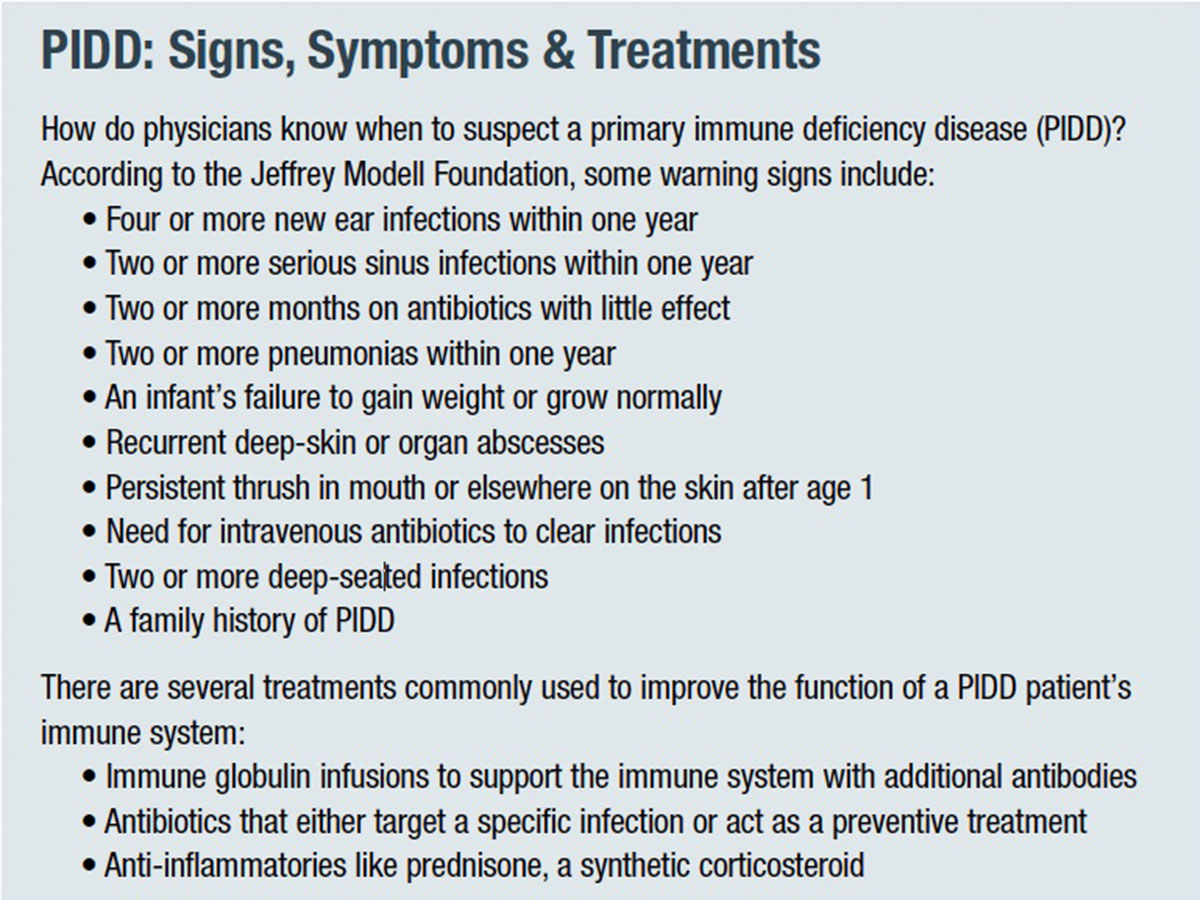PIDD: A Physician’s Perspective
Dr. Marc Riedl, who has specialized in treating PIDD for 12 years, explains why diagnosis is so difficult, and treatment needs and options.
- By Trudie Mitschang

MARC RIEDL, MD, MS, is associate professor of medicine in the Division of Rheumatology, Allergy & Immunology at the University of California, San Diego.
BSTQ: Why is diagnosis of PIDD so difficult?
Dr. Riedl: Studies have shown that PIDD patients go many years without proper diagnosis. One reason is that the symptoms of PIDD can be quite broad. Most patients get reoccurring infections that are troublesome but not necessarily serious, including chronic ear and sinus infections. The second reason is that many providers are simply not familiar with the type of testing that needs to be done regarding PIDD; you need to know what to look for and what lab to use.
BSTQ: You advocate a team approach when it comes to treating PIDD patients. Can you explain that philosophy?
Dr. Riedl: A team approach is needed during treatment of PIDD because the immune system has so many different components. Patients may require a pulmonary doctor, GI specialist and an immunologist, in addition to a primary care physician, and it is critical that these providers consult with one another. Then, there are nurses who administer IV treatments, pharmacists who need to manage the various prescriptions and potential drug interactions, and the caregivers who interact with patients on a daily basis. Communication and collaboration can go a long way toward improving the quality of life for immune deficient patients.
BSTQ: For those not familiar with immune globulin (IG) therapy, can you briefly explain the benefits?
Dr. Riedl: IG therapy reduces the frequency of infections and can significantly improve the quality of life for PIDD patients. Intravenous IG (IVIG) replacement in PIDD has been shown to prevent serious/recurrent infections because higher IgG levels can be obtained through IV administration. IG therapy can result in fewer doctor visits and fewer days off work and school.
BSTQ:What is happening in the area of research regarding treatment for PIDD?
Dr. Riedl: Current research falls into two bins. One is using treatments we have and finding ways to make them more tolerable and more effective. That includes looking at the benefits and side effects of antibody therapy and IG therapy. In the second bin, you find the work that is being done to try to repair the immune systems of these patients such as gene therapy, bone marrow transplants and stem cell transplants. We are seeing exciting breakthroughs in genetic and genomic technology, but the work is ongoing and slow because many of these procedures can be dangerous. For example, a severely ill PIDD patient could be helped by a bone marrow transplant, but there is a mortality risk associated with the procedure. I think we are seeing a lot of progress though.
